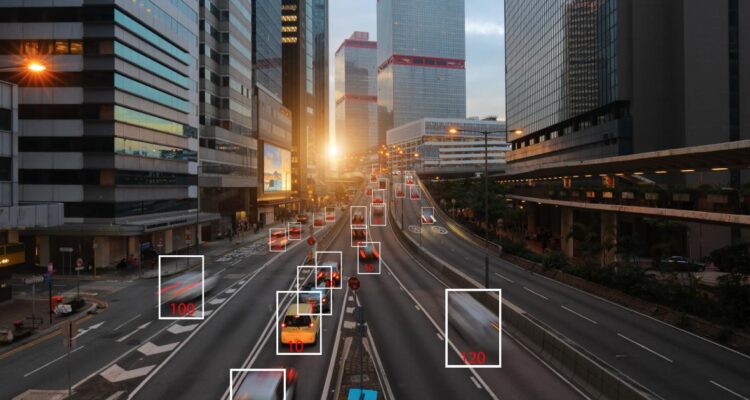While cyber security is a major worry for most IT organizations that rely on technology, competence with cutting-edge technologies, including Machine Learning and AI, may give them a competitive advantage in terms of data security and privacy.
For a variety of reasons, machine learning and artificial intelligence (AI) are currently in the spotlight. One of the most important benefactors of these new technologies in cyber security. Despite its potential to replicate human intellect, AI is currently unable to replace human intelligence in terms of comprehending problems and finding solutions.
Companies struggle to discover anomalies and abnormalities in operational tasks to reduce errors and faults, and AI is far ahead of human competence and efficiency in this area. Apart from providing an additional layer of protection, AI is particularly effective at assessing blunders and unavoidable human intelligence errors.
Machine learning, on the other hand, examines historical data and assesses prospective use cases in order to better meet the needs of users. Machine Learning algorithms can forecast future user behavior and events and recommend pre-emptive steps as a result.
When it comes to cyber security, time is the most important factor in keeping up with cyber hackers and other cyber security dangers. Rather than giving cyber hackers or hazardous malware adequate time, the cyber security system must respond proactively to close the security gap as soon as possible.
This is where AI and ML-based technologies will shine for security experts, app developers, and tools to remain on top of security concerns and threats.
The most difficult challenge for machine learning technologies to improve cyber security is detecting potential security viruses or threats. The key to gaining a proactive and competitive edge in delivering security protection is the early discovery of security flaws or harmful viruses.
Accessibility of datasets
Access to correctly defined datasets is required to analyze cyber security concerns in IT systems. In reality, without relevant datasets, it is impossible to assess security concerns.
Despite the use of AI and machine learning technologies to analyze a variety of data sets, security measures might be slow to acquire access to certain datasets for risk and threat assessment. Implementing AI and machine learning for cyber-security have proven to be a serious challenge.
Limitation- Uses, and effects
Using machine learning for strict information security is currently limited. It has mostly been limited to understanding user behavior, inputs, and interactions. To help realize the benefits of cyber security measures, the community of ML specialists has to be more engaged and active.
On the other hand, there is reason to be optimistic about the future of intelligent cybersecurity systems, owing to the vast amounts of data that can be analyzed using advanced analytics tools to obtain vital data-driven insights.
While ML and AI continue to play an important role in improving cyber security, they are also improving the quality of human life. Security tools, remote monitoring systems, and surveillance camera systems now include them.
Cyber security systems that incorporate machine learning are especially effective in detecting cyber-attacks and security risks. An ML algorithm can reveal the origins of security threats by recognizing multiple commonalities across various security risks and anomalies that are observed over time.
While AI and machine learning appear to be the answers to many cybersecurity issues, most organizations around the world are still unprepared to cope with them.
Businesses must embrace ML and AI-based solutions and security processes to deal with future cybersecurity threats. They also require a thorough understanding of how machine learning-based algorithms function to improve security, how to train ML algorithms, and how to select the best ML algorithm training approaches. Apart from these, businesses must have a thorough understanding of various machine learning (ML) cases in order to deal with security concerns.
For More News Check Out Our News Section : News/PR




No Comments